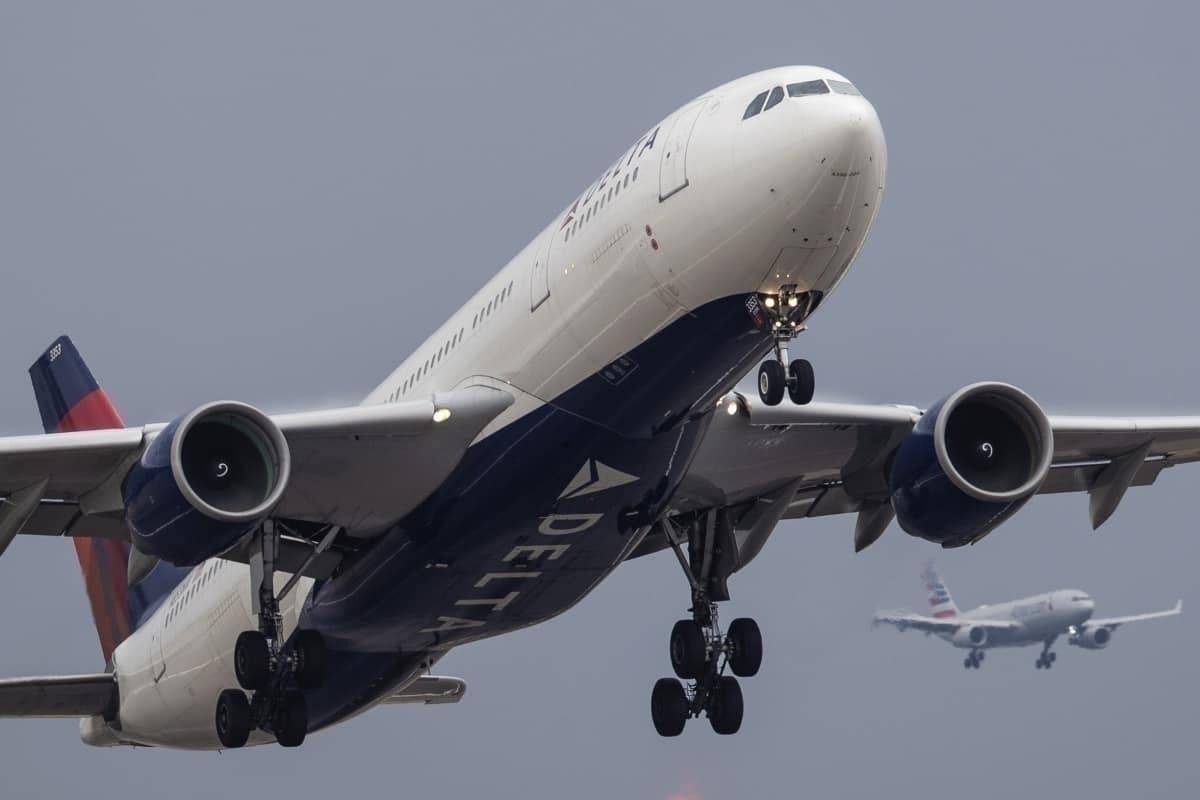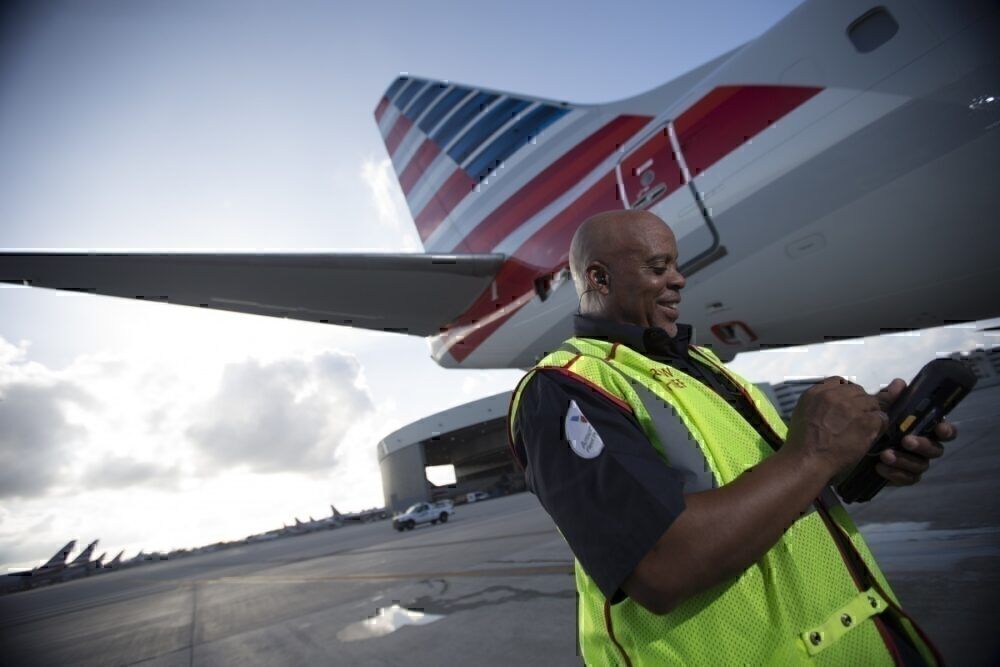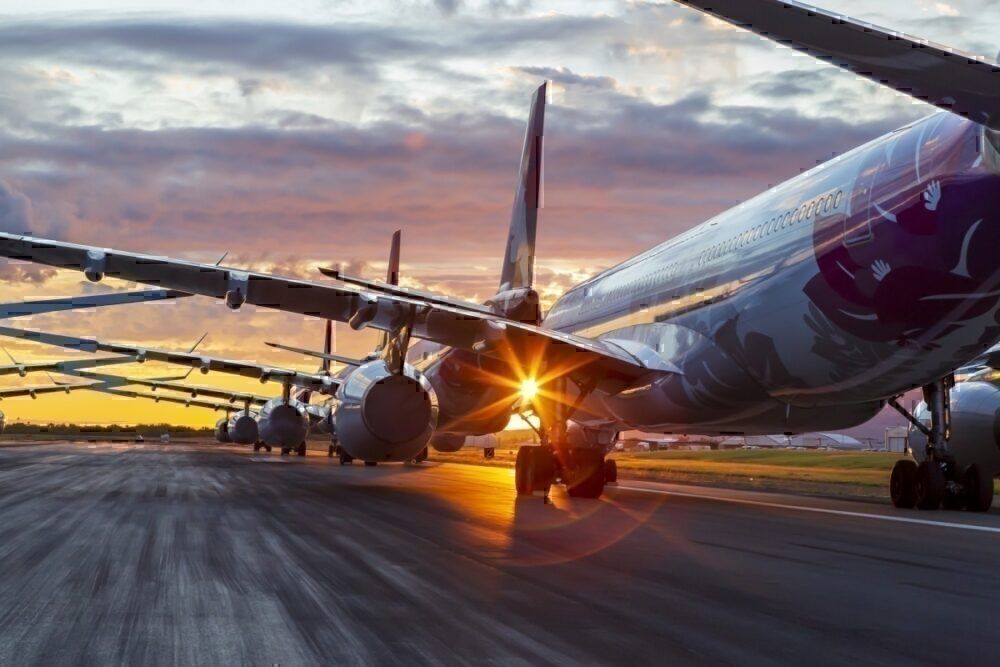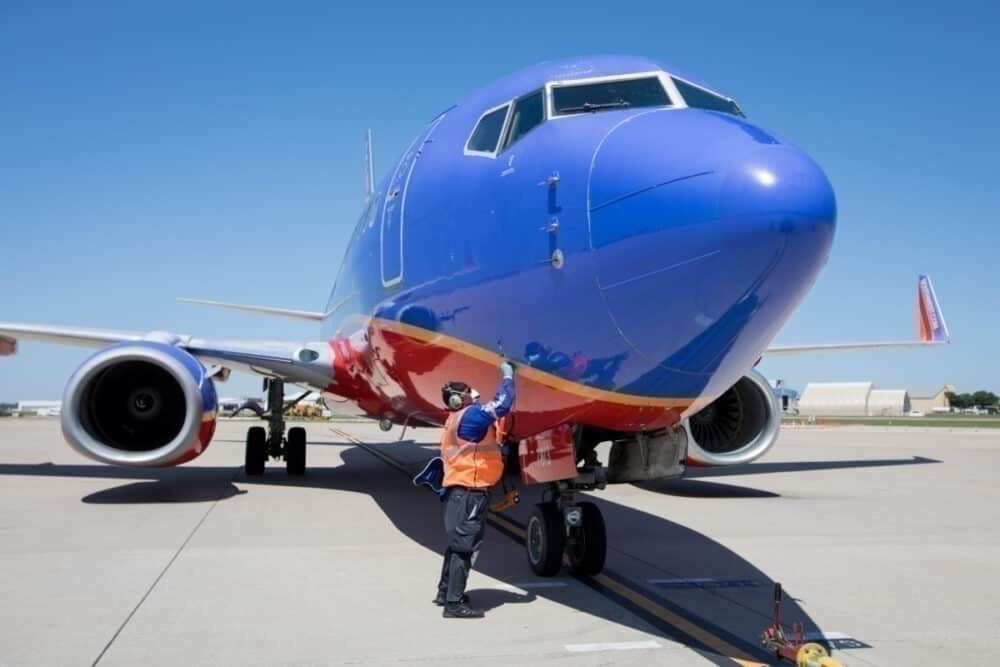Six workers unions for the aviation sector have written to lawmakers requesting additional payroll support. The unions are calling for a further $32 billion to be injected, which they say will keep aviation employees paid through to March 2021. This comes ahead of a meeting today where top US airline executives will discuss pressing issues relating to the virus.
$32 billion more needed
Just over two months after US lawmakers agreed a $32 billion bailout for the aviation sector, the industry has come again, cap in hand, for further assistance. The request is for another $32 billion in payroll aid, which it says will keep hundreds of thousands of workers in employment through to March 31st next year.
The CARES Act funding has so far allowed the aviation sector of both airlines and airports, to fund employee wages to September 30th. It was hoped that the decline in air travel demand would have abated by then. However, with coronavirus cases continuing to tick up in the US, the outlook is less rosy.
Airline executives around the world are predicting a long and slow recovery from the crisis, with most agreeing it will be at least two to three years before demand returned to anything like the levels we saw in 2019. As such, many airlines are preparing to emerge from the crisis smaller and leaner, and employees in the US are fearful of mass layoffs come October.
Stay informed: Sign up for our daily aviation news digest.
Six unions call for additional support
The coronavirus is showing no signs of slowing down in the US as a whole. Although some states such as New York appear to have passed the peak, the virus is just beginning to take hold in others. As such, daily cases continue to rise, with the count on June 25th at almost 39,000 new daily cases, the most new cases in a single day to date.
In light of this, six US unions representing aviation workers have asked lawmakers for another $32 billion in payroll aid. A letter of request was sent to leaders of the House of Representatives and the Senate yesterday. Within the letter, the unions said,
“Should October 1 arrive without extending the PSP grant job program mass layoffs are inevitable, as airline executives have acknowledged.”
The letter was sent in by the Air Line Pilots Association, the Association of Flight Attendants-CWA, the International Association of Machinists and Aerospace Workers, the Transport Workers Union, the Communications Workers of America and the Transportation Trades Department, AFL-CIO. So far, Airlines for American, the main lobbying group for the airlines themselves, hasn’t made any approach for additional funding.
Congress is set to consider a new route of spending that could see as much as $1 trillion injected into the economy to mitigate the effects of the virus. This is due to take place at some point in July.
Meeting to take place today
Separately, sources have told Reuters that chief executives from major US airlines will meet with the White House to discuss the situation today. Vice President Mike Pence and other officials will reportedly meet with CEOs from American Airlines, Delta Air Lines, Southwest Airlines, United Airlines and JetBlue.
During the meeting, discussions will include issues with travel to the EU. The European Union is potentially extending the travel ban for US passengers; a move that could have a significant impact on airlines reliant on long-haul transatlantic operations.
As well as this, they are due to talk about temperature screening at US airlines, contract tracing of passengers traveling with them and other key issues involving the sector.
Although airlines are starting to reactivate fleets and plan for recovery, it seems we’re still a long way from being out of the crisis.




